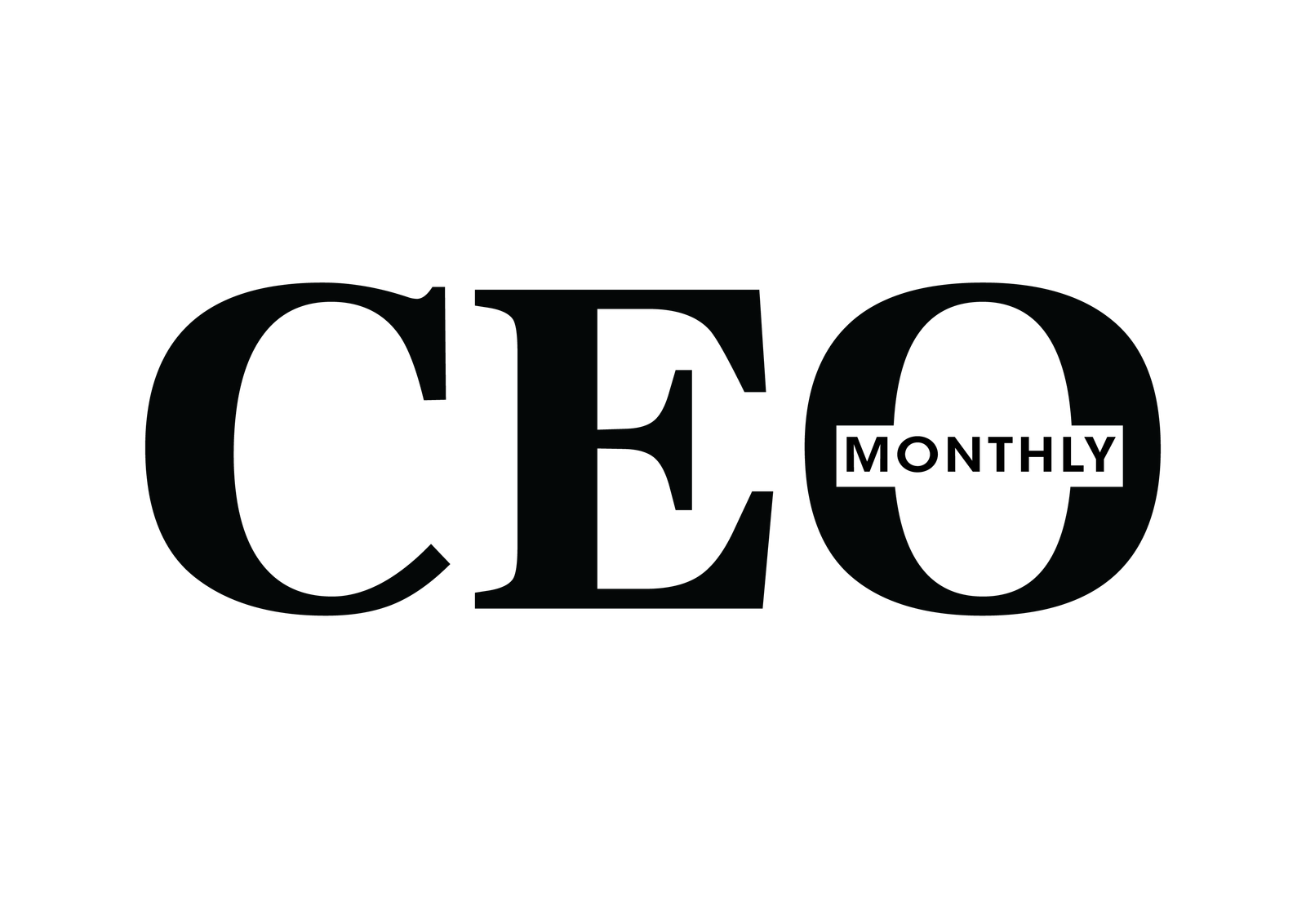“An entrepreneur has to be open to risk but also understand the calculus behind making a leap”
Taylor Burton
Taylor Burton is an entrepreneur with proven success blending consumer and merchant technology. He is co-founder of Till Financial, a collaborative family banking platform with a specialized app for helping kids become smarter spenders before they’re out on their own. Taylor has proven to be a true innovator, operating in executive functions at ground-breaking companies such as PayPal, eBay, and Drizly.
Thank you for joining us today. Please introduce yourself to our readers. They want to know you, some of the background story to bring some context to your interview.
Taylor Burton: Thanks for the opportunity to share my story! My parents were engineers, focused on facts and coloring inside the lines. That wasn’t me, and while I didn’t have an exact playbook, I knew it was possible to become a successful entrepreneur. To their massive credit, my parents blindly supported and encouraged me in any endeavor, so I was constantly starting mini business ventures growing up.
I created a recess currency in 6th grade, which I sold for real money – got written up for that one. As a high school freshman, I was in a group that worked for a student based painting company. We brought in all the business, did the work, but got less than 30% of the revenue. Next summer, I cut out the middleman and started my own business, scaling it to a point where it was worth selling.
I do like a challenge and feel that when the obstacles are bigger, the results can be, too. When it came to studying abroad at college, instead of going to one of the more traditional places like London or Rome with friends, I chose New Delhi and went solo. It was a huge culture shock, but by the end of my studies, I was working for an Indian businessman selling cabinets to U.S. companies.
You are a successful entrepreneur, so we’d like your view point, do you believe entrepreneurs are born or made? Explain.
Taylor Burton: Made. An entrepreneur has to be open to risk but also understand the calculus behind making a leap. For instance, when I was in India, everyone had access to the internet but primary access was via their mobile device. This dynamic opened my eyes to a mobile future.
When I was back in the US, I discovered a company that used QR code activation to jump customers to a mobile website. I called the CEO/founder every day for six months with a new observation about mobile. After that, he agreed to meet me at an airport during a layover. I had to buy a ticket to get past the gate just to meet him for lunch, but he told me if I wanted a job, I had to be in NY by Monday.
I was 21 and up for the adventure. I sold everything, left with one suitcase, only to arrive in NY and find a skeleton crew operating out of a cramped office. But, I’d come this far and wasn’t giving up. I worked closely with the CEO and together, we built the operation, growing from six to 250 employees in two years, creating a 40 person sales team. In the process, the share price grew from $.07 to $7. Later, I joined a startup that I thought had a ton of potential but wasn’t realizing it yet; Drizly ended up selling for $1.1 billion to Uber this year.
An entrepreneur has to take risks, but they need experience and control to keep from going off a cliff, and that’s learned.
If you were asked to describe yourself as an entrepreneur in a few words, what would you say?
Taylor Burton: I’m comfortable being uncomfortable. I think that allows me to quickly evaluate scenarios, make decisions and take advantage of opportunities that have a positive long-term impact.
Tell us about what your company does and how did it change over the years?
Taylor Burton: Till Financial is a collaborative banking app that engages the whole family in order to turn kids into smarter spenders. Each transaction on Till builds confidence and skills so kids will be able to successfully navigate expenses on their own once they leave home.
We started off as a way to bank better versus walking into the physical branches as previous generations did. However, we realized that while the old school approach isn’t necessarily broken, our greatest challenge was to reposition banking. That meant clarifying the benefit so families would see why it was time for change and what they’d gain.
That said, our branding and storytelling have evolved; there’s more to this than just delivering a great product. You need to really understand your customer. In our case, that’s families, and what they need are tools to not only make things easier but to reach better outcomes.
Thank you for all that. Now for the main focus of this interview. With close to 11.000 new businesses registered daily in the US, what must an entrepreneur assume when starting a business?
Taylor Burton: That they’ll have competition. And that’s not just competition in your category, but in everything from finding talent to raising capital. The barrier to entry is lower than it has ever been, which is a good thing because greater competition drives greater outcomes for consumers. But, it does mean startups have to work significantly harder to attract and retain top talent, which can provide a major competitive advantage.
Did you make any wrong assumptions before starting a business that you ended up paying dearly for?
Taylor Burton: Early on we made some assumptions about people joining the team, specifically about what they would bring to the table, when, and how invested they were in the company vision. I’ve since realized this is something that needs to be built over time.
When you bring people on and start to grow your team, it’s not like you’re flipping a light switch and you’re getting all the value of that light. It’s something that’s on a dimmer that gets brighter and brighter with time. Team building and building that camaraderie and commitment over time have been one of the biggest eye-openers for me.
If you could go back in time to when you first started your business, what advice would you give yourself and why? Explain.
Taylor Burton: I’d tell myself to consider outside financial support. It’s hard to start a business and I think many young entrepreneurs in particular end up selling off pieces and parts to keep the rest going. But if you really have conviction, you want to own as much as possible. Be really judicious about the way you’re doling out equity in the business. You can’t get that back. VCs may tell you they’ll top you off down the line, but that doesn’t usually happen for a founder.
What is the worst advice you received regarding running a business and what lesson would you like others to learn from your experience?
Taylor Burton: “Don’t do it.” People will say you’re crazy for walking away from a high-paying, secure job, but your inner circle will understand. I couldn’t do any of this without my wife’s support. She is just as comfortable as I am with risk and my not having a guaranteed salary.
In your opinion, how has COVID-19 changed what entrepreneurs should assume before starting a business? What hasn’t changed?
Taylor Burton: I think we wrongfully assume everyone’s mental health is fine because they enjoy working from home. But we don’t have employees forming those office friendships that spill into dinner or drinks after work. When someone is home 24/7, it’s easy for monotony to creep in and team building is harder. Hiring is still difficult, too. The broader acceptance of remote working has not resulted in the influx of talent that people anticipated.
What is a common myth about entrepreneurship that aspiring entrepreneurs and would-be business owners believe in? What advice would you give them?
Taylor Burton: That everyone is going to make it. You rarely hear about failures. LinkedIn has an algorithm that makes sure you hear about the successes and that’s driving a ton of Gen Z to become entrepreneurs and creators. The reality is failure rates are significantly higher.
What traits, qualities, and assumptions do you believe are most important to have before starting a business?
Taylor Burton: Whatever you undertake, assume it will take longer, be harder and cost more than you anticipate. Develop a short-term memory when it comes to fear but a long-term memory when it comes to mistakes so you don’t repeat them. And empathy and high emotional intelligence are key. You don’t need to be a bad-ass technical creator – be the engine that builds.
How can aspiring leaders prepare themselves for the future challenges of entrepreneurship? Are there any books, websites, or even movies to learn from?
Taylor Burton: You have to sell to be successful, live and in-person, so talk to people. I also think it’s important to find mentors you respect and have an open and honest dialogue with them. When you meet someone with traits you’d like to see in yourself, match their patterns. Interact with other entrepreneurs constantly, especially ones at different stages. Networking is important; I get introduced to 10 or 15 new founders a week, I make angel investments to open that up even more and attend industry events. I come across some great opportunities in the process.
I’m not knocking books, but you can’t ask a book a question about a unique experience.
You have shared quite a bit of your wisdom and our readers thank you for your generosity but would also love to know: If you could choose any job other than being an entrepreneur, what would it be?
Taylor Burton: If I could pick a job other than this then I probably shouldn’t be doing what I’m doing. As an entrepreneur, I can make this business what I want it to be. I want to control my outcome. I want to be able to know that win or lose, I either helped put the team in the position to do so or I didn’t. I’m comfortable with that crystal clear finality around success and failure. Even in a world where we don’t always reach unicorn status, the amount you learn from experiences like this is invaluable. This is about more than making money – there’s probably easier ways to do that.
Thank you so much for your time, I believe I speak for all of our readers when I say that this has been incredibly insightful. We do have one more question: If you could add anyone to Mount Rushmore, but not a politician, who would it be; why?
Taylor Burton: My wife. She is my biggest critic and also my biggest supporter. When I am in final decision mode on anything, I’m not a fan of polls. There’s one person I have an absolute democratic vibe with in business and that’s my wife.
This interview was originally published on ValiantCEO.



